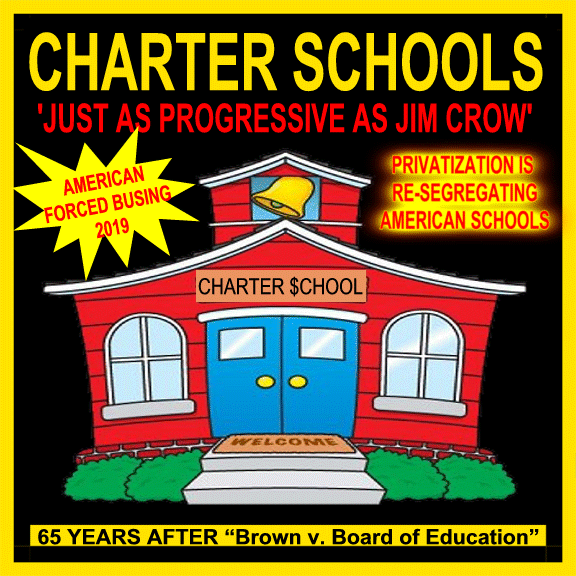Busing Worked in Louisville. So Why Are Its Schools Becoming More Segregated?
LOUISVILLE, Ky. — When she saw the news images of angry white mobs pelting school buses with rocks and bottles, Sherlonda Lewis was glad that she was not among the black students being bused to a school in a white neighborhood.
It was 1975, and Louisville had initiated a court-ordered effort to integrate its public schools by busing students out of their racially segregated communities. As a high school senior that year, Ms. Lewis was exempt from being bused from her predominantly black neighborhood of Smoketown in central Louisville. Having seen the violent resistance, she considered herself lucky.
“I didn’t think it would last,” Ms. Lewis, 60, said of the busing plan.
Little did she know, that same integration program would go on to be widely embraced by members of the community, educating three generations of her family.
While some desegregation plans faltered in the face of white resistance, Louisville’s has proved remarkably resilient. It has survived riots and court rulings, skeptical superintendents and conservative lawmakers, making Jefferson County Public Schools, which includes Louisville, one of the nation’s most racially integrated districts.
But if Louisville is proof that busing can work when there is the political will to have an integrated school system, its community is now grappling with what happens when that political will starts to dry up.
These tensions — coming at a time when the nation is once again battling over the effectiveness of school integration — are the latest development in a series of changes that, in recent decades, have steadily chipped away at Louisville’s original integration plan.
A recent survey commissioned by the district showed dwindling support for the plan and a decreased interest in diversity among parents. Struggling schools and a yawning achievement gap between black and white students are drawing more attention these days than the benefits of maintaining racially integrated classrooms.
As the district’s schools slowly become more segregated, officials are considering more reforms that will almost certainly increase segregation.
The state’s Department of Education proposed taking over the district last year after finding myriad problems, from financial mismanagement to flaws in the desegregation program, known as the student assignment plan. State officials agreed to give district CONTINUE READING: Busing Worked in Louisville. So Why Are Its Schools Becoming More Segregated? - The New York Times



